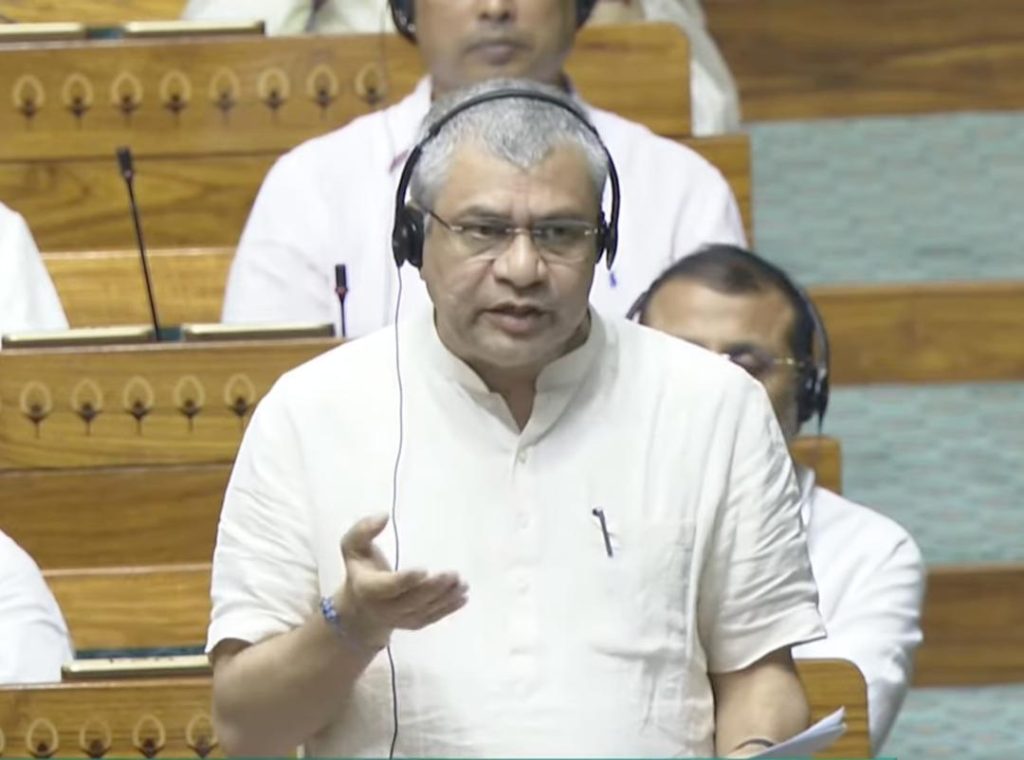
Between our revenue & middle-class families, PM chose families: Vaishnaw on Gaming Bill
In a significant move, the Indian government has introduced the Promotion and Regulation of Online Gaming Bill 2025 in the Lok Sabha, aiming to regulate and promote the online gaming industry in the country. The bill was introduced by Union Minister Ashwini Vaishnaw, who also shed light on the government’s priorities while introducing the bill. According to Vaishnaw, Prime Minister Narendra Modi always prioritizes middle-class families when faced with a choice between them and the government’s revenue.
The bill, which was passed on Wednesday, seeks to ban real-money and gambling games, citing the need to prevent the exploitation of vulnerable individuals and protect the society from “bad elements”. The move has been widely seen as a positive step towards promoting responsible gaming practices and ensuring the safety and well-being of players.
Vaishnaw’s statement regarding the Prime Minister’s priorities has sparked a heated debate, with many questioning the government’s motivations behind the bill. While some have hailed the move as a necessary step towards regulating the online gaming industry, others have expressed concerns about the potential impact on the industry and the economy.
The online gaming industry in India has seen significant growth in recent years, with millions of players engaging in various games and formats. However, the industry has also been plagued by issues such as addiction, fraud, and exploitation. The government has been under pressure to regulate the industry and protect players from the negative consequences of excessive gaming.
The Promotion and Regulation of Online Gaming Bill 2025 seeks to address these concerns by introducing several key measures. The bill proposes to establish a regulatory body to oversee the online gaming industry, which will be responsible for ensuring that games are fair, transparent, and free from manipulation.
The bill also seeks to ban real-money and gambling games, which are often associated with addiction and exploitation. Additionally, the bill proposes to introduce age restrictions and other measures to prevent children and vulnerable individuals from accessing harmful content.
Vaishnaw’s statement about the Prime Minister’s priorities has been seen as a reflection of the government’s commitment to protecting the interests of middle-class families. The Prime Minister has long been perceived as a champion of the middle class, and his government has implemented several policies aimed at promoting the welfare and prosperity of this demographic.
However, the move has also been criticized by some as an attempt to impose restrictions on the online gaming industry and stifle innovation. The bill’s proposal to ban real-money and gambling games has been seen as a heavy-handed approach that could potentially harm the industry and lead to a loss of revenue for the government.
The debate surrounding the Promotion and Regulation of Online Gaming Bill 2025 highlights the complex issues surrounding the online gaming industry in India. While the government has a legitimate interest in protecting players and promoting responsible gaming practices, the industry also has a right to operate freely and innovate.
As the debate continues, it remains to be seen how the government will balance its priorities and ensure that the online gaming industry operates in a way that is fair, transparent, and beneficial to all stakeholders.
In conclusion, the introduction of the Promotion and Regulation of Online Gaming Bill 2025 is a significant development in the online gaming industry in India. The bill’s proposal to ban real-money and gambling games has sparked a heated debate, with some hailing the move as a necessary step towards regulating the industry and others expressing concerns about the potential impact on the industry and the economy.
As the bill moves forward, it will be important for the government to strike a balance between its priorities and the needs of the online gaming industry. By doing so, the government can promote responsible gaming practices, protect players, and ensure the continued growth and prosperity of the industry.
Source: https://youtu.be/qOIqYpwYOi8






